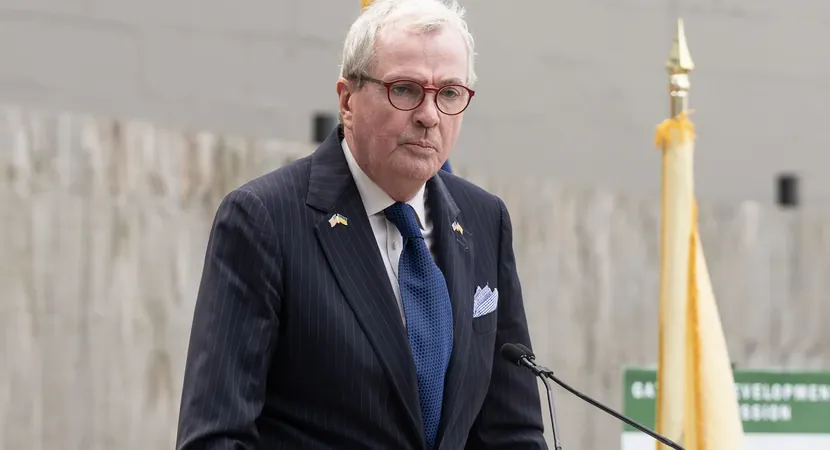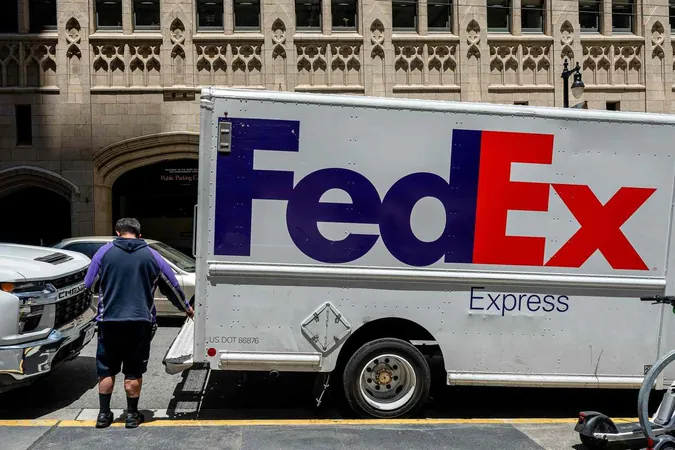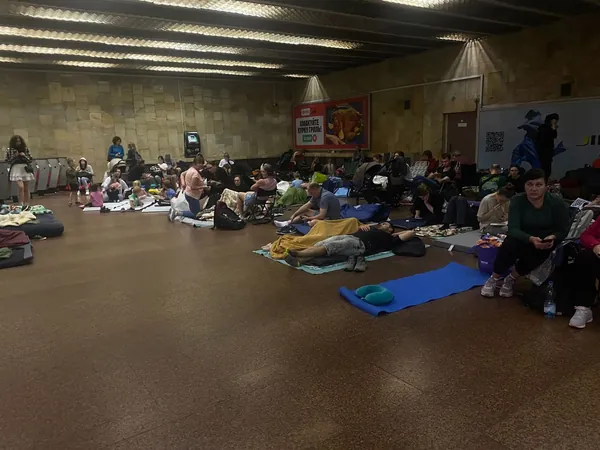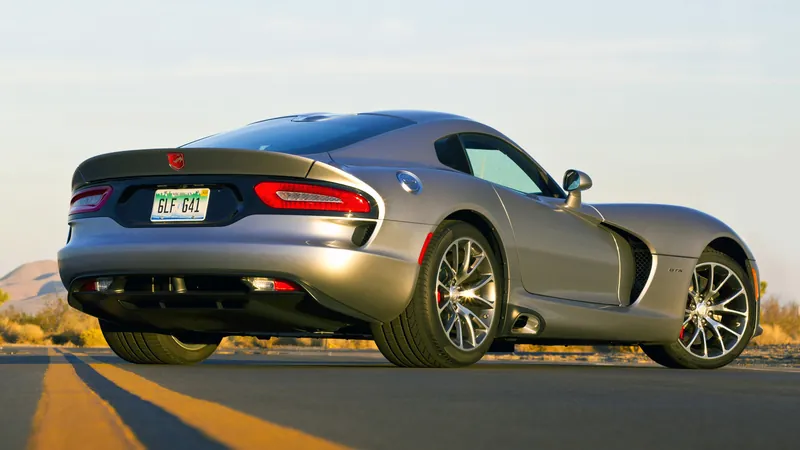
New Jersey's Bold Move to Halt Manhattan's Congestion Pricing Just Days Before Launch!
2025-01-02
Author: Yan
Introduction
New Jersey is making headlines as it intensifies its legal battle against New York City's congestion pricing plan, set to launch this Sunday. This unprecedented move comes just days ahead of the Metropolitan Transportation Authority (MTA) activating automated toll cameras aimed at charging drivers entering Manhattan below 60th Street.
Legal Challenge
In a late-night filing, an attorney representing New Jersey Governor Phil Murphy, Randy Mastro, requested U.S. Senior Judge Leo Gordon to interpret a recent court ruling that leaves some ambiguity regarding the commencement of the toll program. Governor Murphy's team argues that the judge's previous order implies that critical federal approvals necessary for the implementation of the congestion pricing scheme are not yet in place—essentially challenging the program’s legality.
Judicial Proceedings
Judicial proceedings are scheduled to unfold with a hearing set for Friday afternoon, where this contentious issue will be debated. Mastro, who has a background in public service and connections to both former Mayor Rudy Giuliani and current Mayor Eric Adams, asserted that advancing this unique tolling structure before completing mandated federal reviews is in direct conflict with established laws.
Political Reactions
While both governors, Kathy Hochul of New York and Phil Murphy of New Jersey, are from the Democratic party and have historically collaborated on various initiatives, the congestion pricing scheme has sparked significant discord. Proponents, including Gov. Hochul and MTA Chair Janno Lieber, argue that this toll will alleviate traffic congestion and reduce emissions while generating essential funding for public transit improvements. Conversely, opponents voice concerns over the potential economic burden that this scheme may impose on commuters coming from New Jersey and the unintended traffic ramifications for neighboring areas.
Toll Structure
The MTA has prepared to instate the toll, set at $9 for standard passenger vehicles during peak weekday hours from 5 a.m. to 9 p.m. and from 9 a.m. to 9 p.m. on weekends, with a significantly reduced rate of $2.25 during overnight hours. The classifications for commercial vehicles are structured differently, usually incurring higher charges that can also vary depending on the type of vehicle, including buses and trucks.
Judicial Scrutiny
Judge Gordon had previously ordered both MTA and federal officials to justify the seemingly disproportionate allocation of funds for traffic mitigation plans in areas like the Bronx, versus those aimed at alleviating the congestion impacts in New Jersey. This scrutiny highlights the legal and logistical complexities surrounding a groundbreaking policy that could set a precedent for cities nationwide.
Conclusion
As the deadline looms and tensions rise, all eyes will be on the courtroom this Friday, where the future of this critical program hangs in the balance. Will New Jersey's challenge succeed, or will New York City forge ahead with this ambitious initiative to reshape urban mobility? The answer promises to have sweeping implications for the region’s traffic landscape! Stay tuned!




 Brasil (PT)
Brasil (PT)
 Canada (EN)
Canada (EN)
 Chile (ES)
Chile (ES)
 Česko (CS)
Česko (CS)
 대한민국 (KO)
대한민국 (KO)
 España (ES)
España (ES)
 France (FR)
France (FR)
 Hong Kong (EN)
Hong Kong (EN)
 Italia (IT)
Italia (IT)
 日本 (JA)
日本 (JA)
 Magyarország (HU)
Magyarország (HU)
 Norge (NO)
Norge (NO)
 Polska (PL)
Polska (PL)
 Schweiz (DE)
Schweiz (DE)
 Singapore (EN)
Singapore (EN)
 Sverige (SV)
Sverige (SV)
 Suomi (FI)
Suomi (FI)
 Türkiye (TR)
Türkiye (TR)
 الإمارات العربية المتحدة (AR)
الإمارات العربية المتحدة (AR)